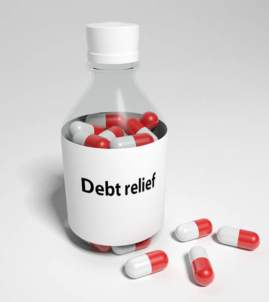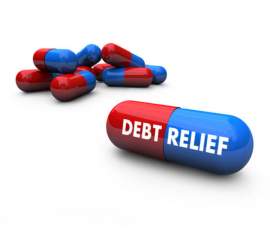
What are Bad Credit Loans?

What are Bad Credit Loans?
Bad credit loans are sources of financing awarded to individuals with sub-par credit ratings. These loans are always attached with unfavorable terms; bad credit loans have higher interest rates, undesirable maturity dates (bad credit loans require a quick repayment) and/or high service fees. These unfavorable variables are attached to bad credit loans because they mitigate the risk associated with a default—bad credit loans are only given to consumers who are deemed risky.
Bad credit loans can be delivered to a risky consumer in a variety of ways: bad credit loans can be supplied via a high-interest credit card, a payday loan or a personal loan attached with exorbitant interest rates. Regardless of the medium, all bad credit loans have uniform characteristics; they are always given to individuals (who otherwise could not secure a standard loan or line of credit) who are deemed risky by a credit institution and they are always attached with less than favorable interest rates or repayment schedules.
How Do I Secure Bad Credit Loans?
A number of financial institutions will offer bad credit loans. The most common forms of bad credit loans are payday loans (offered by payday loan institutions) or high interest credit cards (offered by credit card companies or banks that provide secured credit lines or credit cards that offer a consumer a means to rebuild their credit).
To obtain bad credit loans a consumer can simply apply online, through the aforementioned institution’s websites. The majority of consumers will be accepted for a bad credit loan, although some institutions may require supplementary information, including pay stubs, to illuminate the prospects of repayment.



















